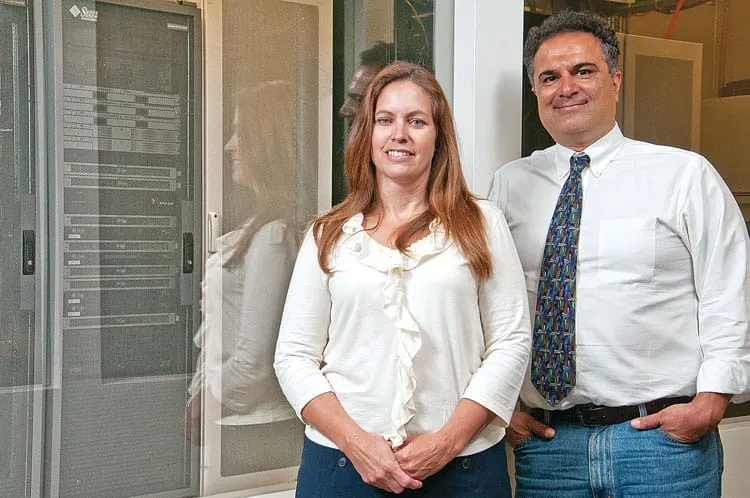Earthnet clear on cloud-based future

BOULDER – It used to be that when a longstanding business wanted to negotiate its way through expansion, it was a complicated process requiring hard-to-find real estate, deep pockets and lots of partners.
In these heady days of virtualization and remote computing, however, more local data centers are looking to cloud computing as the answer to boosting their capacity to deliver services.
Generally, cloud computing describes computing resources that are grouped and redistributed based on user need. In practice, cloud computing creates an on-demand, self-managed virtual infrastructure in which resources can be allocated quickly and dynamically.
Boulder’s Earthnet Inc. is one of only…
THIS ARTICLE IS FOR SUBSCRIBERS ONLY
Continue reading for less than $3 per week!
Get a month of award-winning local business news, trends and insights
Access award-winning content today!
